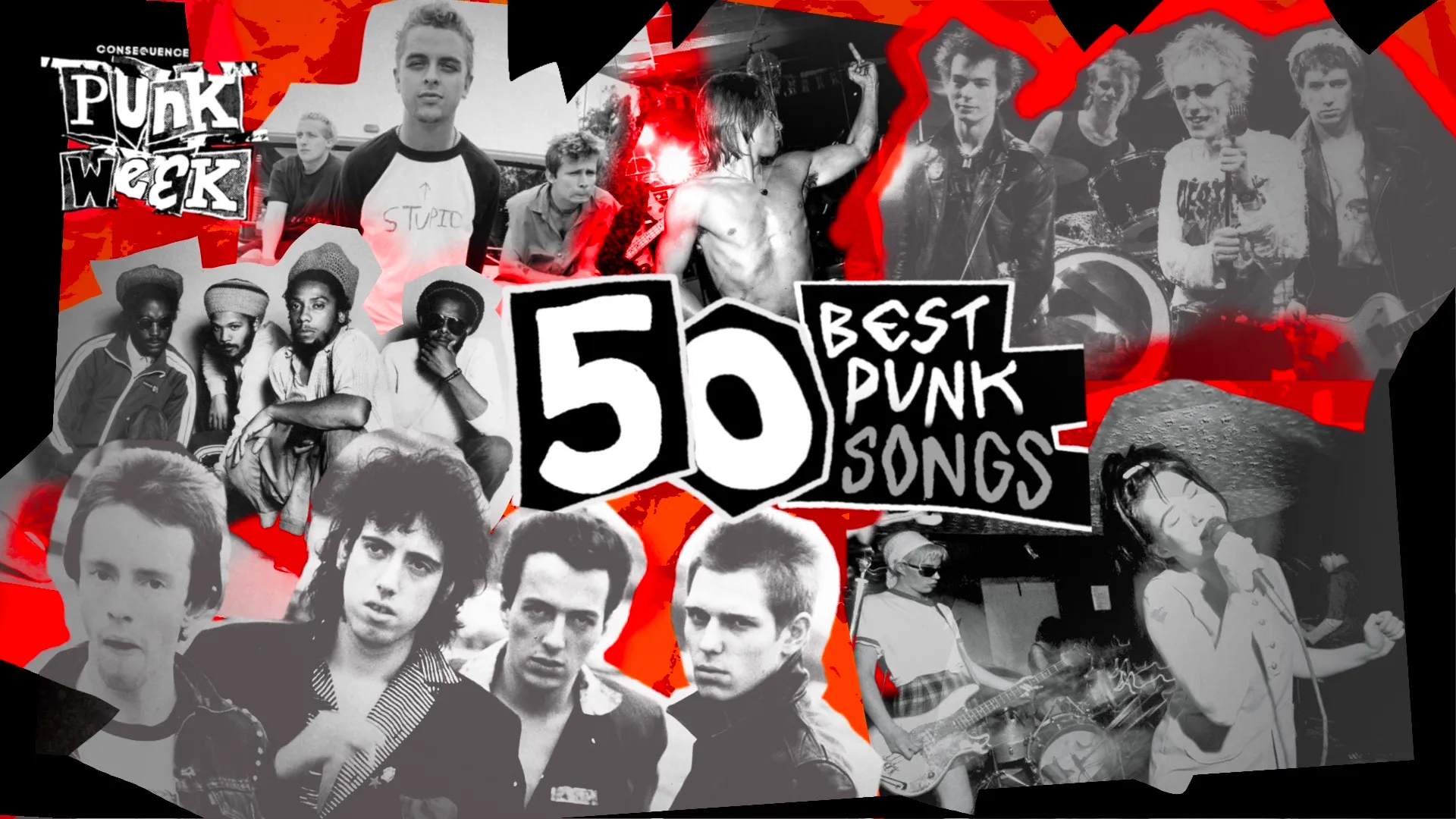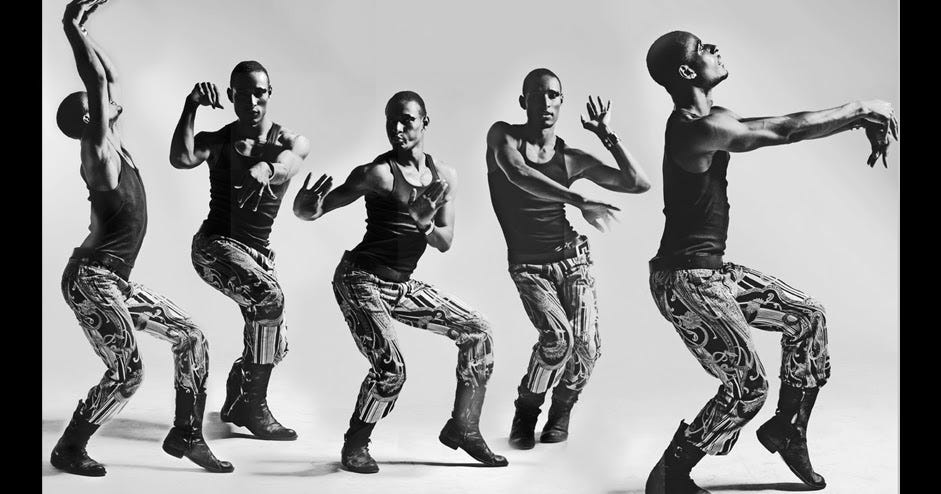Punk rock, a genre that emerged in the mid-1970s, is characterized by its raw energy, aggressive sound, and rebellious attitude. Originating in the United States and the United Kingdom, punk rock challenged the status quo and became a cultural phenomenon.
Key Characteristics of Punk Rock
- Raw and energetic sound: Punk rock is often characterized by its loud, distorted guitars, fast tempos, and simple chord progressions.
- Rebellious attitude: Punk rock bands often expressed anti-establishment sentiments, challenging societal norms and expectations.
- Do-it-yourself (DIY) ethos: Punk rock bands embraced a DIY ethic, often self-releasing their music and organizing their own shows.
- Social and political commentary: Punk rock music frequently addressed social and political issues, such as inequality, injustice, and war.
Early Punk Rock Bands
- The Ramones: An American punk rock band from New York City, often considered the pioneers of the genre.
- The Sex Pistols: A British punk rock band that became infamous for their rebellious attitude and provocative lyrics.
- The Clash: A British punk rock band that blended punk rock with elements of reggae, ska, and rockabilly.
The Influence of Punk Rock Punk rock had a profound influence on popular music, inspiring the development of genres such as grunge, hardcore punk, and alternative rock. It also had a significant impact on fashion, culture, and social movements.
Punk Rock Today Punk rock remains a vibrant and influential genre, with new bands emerging and old bands continuing to tour and release music. While the genre has evolved over the years, the spirit of rebellion and DIY ethos that defined punk rock continues to inspire musicians and fans around the world.
Would you like to know more about a specific punk rock band or subgenre?



